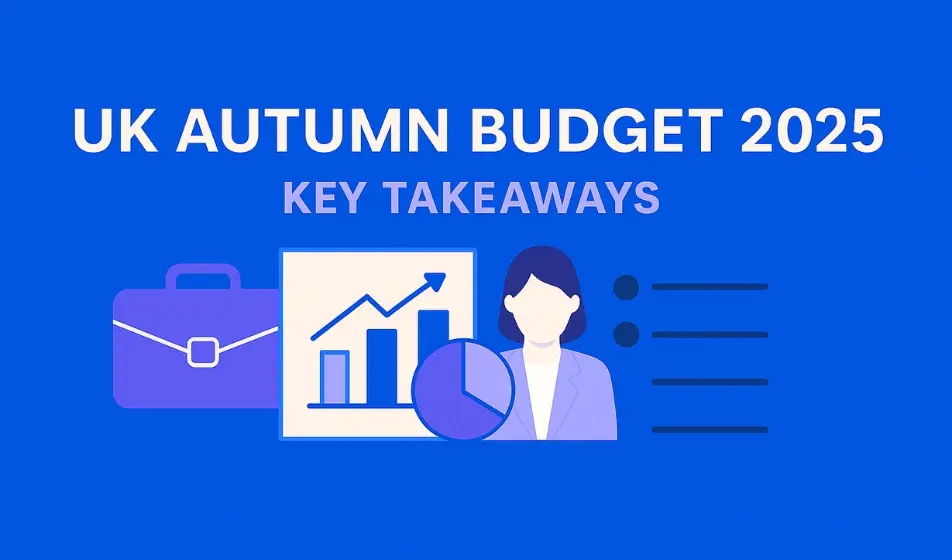Who is entitled to receive the National Minimum Wage or National Living Wage?
Workers who are old enough to leave school are entitled to the National Living Wage. The government's website lists the criteria.
The exception to this is apprentices under the age of 19, or who are 19 or over and in the first year of their apprenticeship. Apprentices over the age of 19 who have completed their first year of apprenticeship are entitled to the National Minimum Wage.
Some people are not entitled to receive the National Minimum Wage. These include:
- Company directors
- Volunteers
- Workers on a government work programme
- Workers younger than school leaving age
- HE and FE students on a work experience or placement for up to one year
You can see the full list on the UK government website.
The National Minimum Wage and National Living Wage change at the start of April each year.
What happens if a business does not pay employees the correct minimum wage?
HM Revenue and Customs (HMRC) are streamlining their investigations and audit process in a bid to expose and reprimand employers who underpay their staff.
It is the employer's responsibility to pay the correct National Minimum Wage and National Living Wage rates to all eligible employers and apprentices.
If there has been an underpayment, employers are requested to immediately pay any arrears as well as any fines.
Employers who underpay must also pay a penalty to HMRC of double the amount it had to pay to the employee. And that’s not all. Employers who receive a notice of underpayment will have their name added to an online “name and shame” record, something which can be more damaging than the fine itself.
HMRC officers are entitled to check payment records at any time. This can be prompted from an employee or worker complaint, or simply as part of an audit.
How can HR software help you handle the admin around the National Minimum Wage?
HR software can help SMEs deal with the National Minimum Wage by making the record keeping of wages and employee data more transparent.
HR software such as Breathe gives you a centralised and secure platform to store your workers’ personal information, such as date of birth and nationality.
With this information readily available, you can view and then adjust hourly rates in line with National Minimum Wage and National Living Wage requirements.
Not only this but features such as the time log function allow you to sense check salaries against hours worked to make sure you are not inadvertently falling foul of the National Minimum Wage or National Living Wage requirements.
Using a platform such as Breathe also makes it easier to respond to requests from HMRC during a National Minimum Wage audit. Because it falls to the employer to provide proof of correct payment, keeping payroll records securely stored on the cloud makes it easy to download all necessary information.
HMRC are entitled to check records going back as far as 6 years. Storing data safely in the cloud makes it easier for you to pull this data should you need to.
Further guidance
The government recently released a minimum wage calculator to help employers and employees work out National Minimum Wage and National Living Wage eligibility.
Contact ACAS for legal rights and impartial advice regarding National Minimum Wage and National Living Wage.






